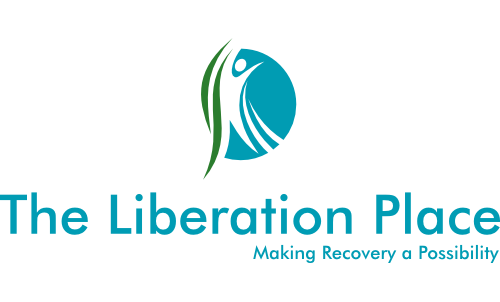The Undisciplined Child Mode
The Undisciplined Child mode is usually strongly linked with the Impulsive Child mode, as the two generally, but not always, go hand in hand. In this mode we have difficulty completing routine tasks. As an adult when we blend with this mode, we will often find ourselves postponing or giving up on what this part of us might label as “boring” work, “monotonous” tasks, or “mundane” home responsibilities. Usually, the alternate behaviour is in favor of what would be seen as more enjoyable activities to participate in, something that does not require effort, or exposure to uncomfortable feelings or emotions that we’re afraid of.
If the Undisciplined Child Mode is dominant in our behaviours, we may be referred to as someone with a “Peter Pan Syndrome” by many people, which can lead to being categorized by those around you as someone who has a fear of growing up, a fear of responsibility, or even someone who is just “lazy” by nature. Generally, this reaction is a learned behaviour during childhood in response to the fear of what will happen if we allow the vulnerable child to experience the uncomfortable emotions we have been overwhelmed by in the past. If this mode is dominant, this part is trapped in not knowing what to do when we are afraid, so procrastination and distraction is the go-to thing to do, and as with pretty much every mode, its presence is only felt when activated by a schema, and the Demanding, or Punitive Critics are dominating in our thoughts.
“One of the hardest things I had to do was build structure and schedule into my recovery lifestyle, and my Undisciplined Child was a mode of behaviour that often led me away from my responsibilities, usually due to fear of failure.”
~Steven Morris RP
“You have to understand that creating a recovery lifestyle that has a solid foundation built on structure and schedule takes a disciplined approach!” This is what I was told throughout the early part of my own recovery journey, over and over again. It was the narrative that was preached by a lot of counsellors in residential treatment, and yet every time I would try to implement this way of living into my own recovery process I would always fall flat on my face, giving up at the first sign of adversity, activating a simple case of the proverbial “f##k its” as soon as one thing didn’t go the way I wanted it too. This perception of catastrophic failure, and the fear of judgement associated with my lack of follow through, would then activate my internal critics in my system, both demanding and punitive. These parts would then spend their time consistently beating me up, causing the fear of guilt and shame connected to the failure to influence my actions.
One of the reasons I struggled with this process was because I had an Undisciplined Child in my personality system that didn’t like to be told what to do. This emotional part of my personality would push back against the authoritative nature of it all. The only problem with this emotional reaction was where the authority was actually coming from. My Undisciplined Child had a reaction to what I perceived as “bossy” instruction. It was pushing back against my own early childhood experiences, reacting to my schemas with a narrative of “I don’t have to do this” and “you cant tell me what to do.” It was often the case that the authority I was fighting with was only coming from my own internal expectations. My unrelenting standards were pushing for more, using the kind of demanding language I internalized as a child.
"Accepting my avoidance of what my system thought were boring tasks, meant accepting my Undisciplined Child. This was how I learned to listen to what it was that he was afraid of."
~Steven Morris RP.
As I worked on my recovery, using mindfulness to listen to the parts of me that were involved in this process, I discovered that the undisciplined child inside of me was actually not fearful of hard work in any way. Instead, this parts behaviour was driven by the fear of failure. If I could not achieve the expected standards which I had created for myself, it would spiral me into a system that was filled with guilt and shame. My inability to deal with this emotion was at the rout of all the problems. Ultimately, living inside of a fear-based personality system was the primary reason I was unable to live the life I want to live.
In the PDF below, you will find a documented version of this page along with a worksheet that’s designed to help you figure out what the Undisciplined Child looks like when it's activated within your personality system. Take some time to download it, print it out, and work through the questions and exercises contained in it slowly. If you can, allow yourself to sit with the experience of the Undisciplined Child. Keep in mind, this will be an extremely difficult thing to do as the emotional experience of this part are coping mechanisms for the uncomfortable and unwanted emotional experiences we avoid the most.
Download the PDF Worksheet for this page
Follow us on Social Media





